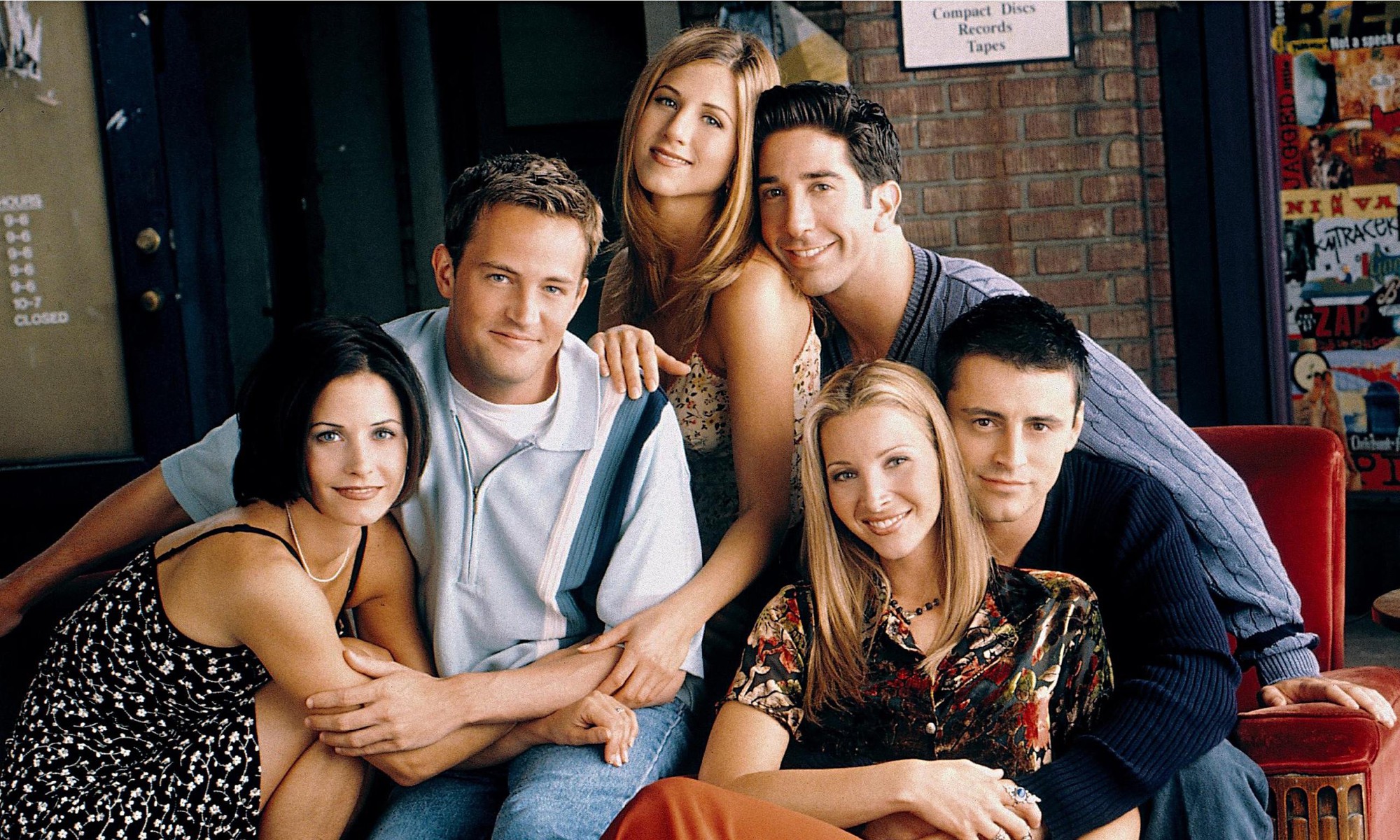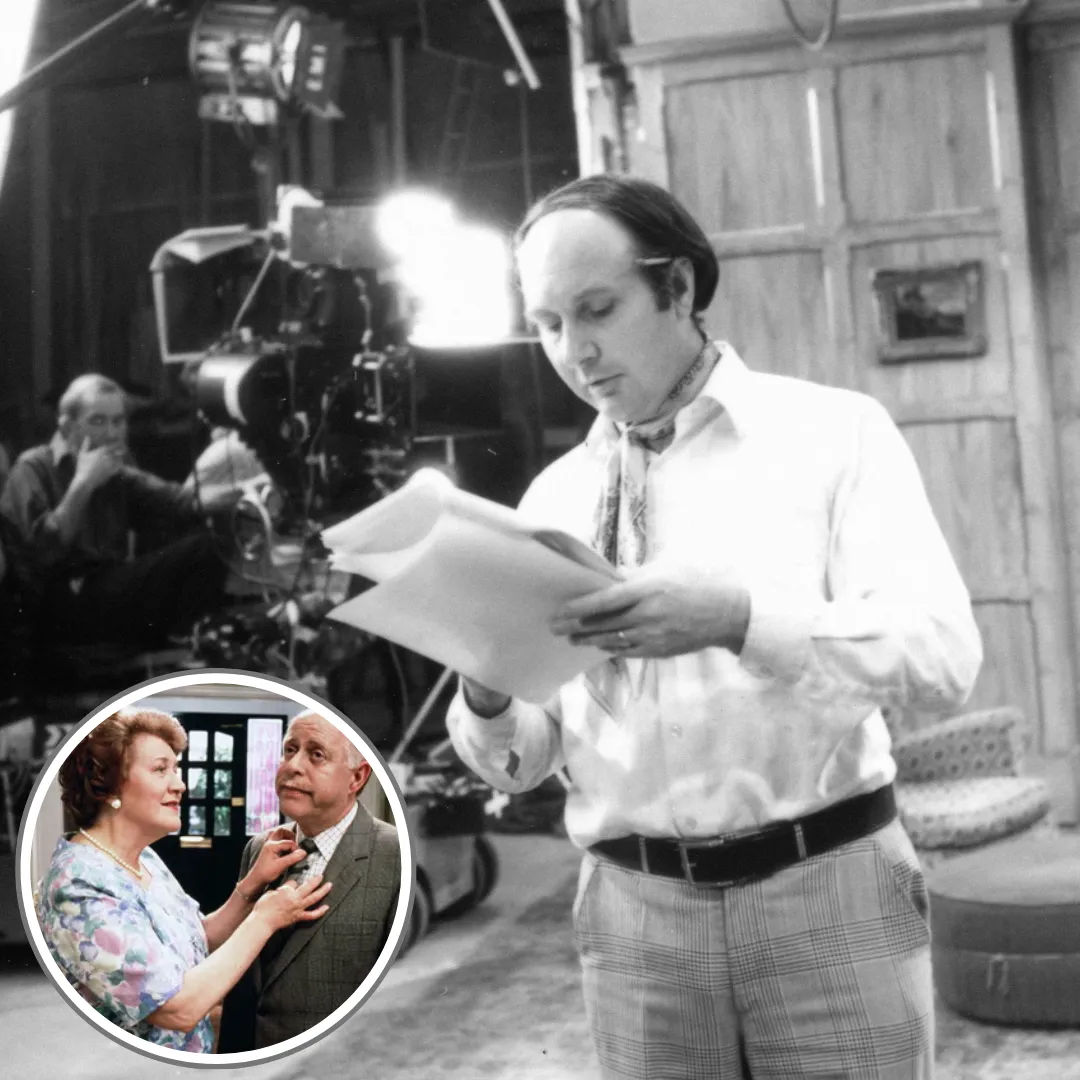
When it comes to classic sitcoms, two shows stand out as cultural icons in their respective countries: Keeping Up Appearances in the UK and F.R.I.E.N.D.S in the US. While both series have garnered immense popularity and have become part of the cultural lexicon, their approaches to humor, character development, and social dynamics differ significantly.
By examining these two shows, it becomes clear how they reflect the cultural contexts of their countries, as well as their respective audiences’ preferences for comedy and relatability.
The most striking difference between Keeping Up Appearances and F.R.I.E.N.D.S is their portrayal of social class and setting. Keeping Up Appearances focuses on Hyacinth Bucket (pronounced "Bouquet"), a woman from a modest background who is obsessed with climbing the social ladder and maintaining appearances.
The show revolves around her attempts to impress her neighbors and family, all while being surrounded by characters who are far less concerned with status. Onslow, her brother-in-law, epitomizes this contrast, representing a working-class figure who doesn’t care about Hyacinth’s social climbing.
In contrast, F.R.I.E.N.D.S takes place in New York City and follows six friends—Rachel, Ross, Monica, Chandler, Joey, and Phoebe—who are all in their 20s and 30s navigating adult life, relationships, and careers. Although the characters come from different backgrounds, they all fall within a middle-class range and work in white-collar jobs, such as advertising, acting, and retail.
The show’s setting in a modern urban environment makes it relatable to a wider audience, especially those in similar age groups experiencing the challenges of adulthood.
While Keeping Up Appearances explores the dynamics of social class in the UK, where there is often a more rigid hierarchy, F.R.I.E.N.D.S reflects a more egalitarian, American outlook, focusing on friendship and personal growth over class distinctions.
This difference illustrates the contrasting views of social mobility in the two cultures—Hyacinth's obsession with status highlights the British fixation on class, while F.R.I.E.N.D.S showcases a more progressive, "anyone can make it" mentality.
Character-driven humor is another key distinction between the two shows. In Keeping Up Appearances, much of the comedy arises from the conflict between Hyacinth and her lower-class family members.
Hyacinth, with her obsession for respectability, provides a constant source of tension for those around her, including her long-suffering husband, Richard, and her brother-in-law, Onslow. The humor in Keeping Up Appearances often stems from awkward situations, misunderstandings, and Hyacinth's attempts to present herself as something she’s not.
The humor is subtle, with a reliance on British dry wit and social commentary, which requires an appreciation for understatement and irony.
On the other hand, F.R.I.E.N.D.S relies on character-driven humor but with a different tone. The show’s humor comes from the quirks and chemistry between the six friends, and the punchlines are often more overt. F.R.I.E.N.D.S is famous for its catchphrases, such as Joey's "How you doin'?" and Ross's "We were on a break!" The humor in F.R.I.E.N.D.S is a blend of slapstick, sarcasm, and emotional vulnerability, making it widely accessible and easy to understand for a broad audience.
The American style of comedy, with its quick pacing and emphasis on jokes that are delivered upfront, is a sharp contrast to the more nuanced, situational humor found in Keeping Up Appearances.
In terms of relationships, the dynamic between characters in the two shows is also distinct. Keeping Up Appearances is primarily about family dynamics, with Hyacinth trying to manage her immediate family while navigating her complex relationship with her own mother and her sometimes embarrassing relatives.
The show is steeped in traditional British family life, where loyalty, propriety, and familial ties are constantly tested by Hyacinth’s ambitions and social pretensions.
F.R.I.E.N.D.S, however, focuses heavily on the theme of friendship. The six friends in F.R.I.E.N.D.S act as a surrogate family for each other, providing emotional support, humor, and guidance through life’s challenges.
Their bonds go beyond casual friendship—they become each other's primary source of support, particularly during life transitions like breakups, career changes, and personal loss. The close-knit group of friends in F.R.I.E.N.D.S represents a modern, urban form of chosen family, reflecting American ideals of self-made success and the importance of finding community outside traditional family structures.
While Keeping Up Appearances examines the constraints of family dynamics within the context of British class expectations, F.R.I.E.N.D.S highlights the freedom of personal choice and the emotional significance of friendships that transcend family ties. In this way, F.R.I.E.N.D.S taps into the American ethos of independence and individuality, while Keeping Up Appearances explores the complex, often suffocating nature of family and societal expectations.
Both Keeping Up Appearances and F.R.I.E.N.D.S have gained global appeal, but their cultural origins remain crucial to their charm. Keeping Up Appearances offers a sharp critique of British class structures and the often absurd lengths people will go to in order to maintain an image, while F.R.I.E.N.D.S is a universal story about navigating adulthood and relationships.
The humor in Keeping Up Appearances resonates more deeply with those familiar with British society, while F.R.I.E.N.D.S appeals to a wider, international audience, drawing viewers into a world where friendship triumphs over everything.
In conclusion, while both Keeping Up Appearances and F.R.I.E.N.D.S are quintessential sitcoms of their time, they each reflect their respective cultural values. Keeping Up Appearances provides a window into British class dynamics and the social tension between personal desires and societal expectations, while F.R.I.E.N.D.S embodies the American pursuit of friendship and personal freedom.
Despite their differences in tone, humor, and character dynamics, both shows offer a unique perspective on life and relationships that continue to endear them to audiences worldwide.






